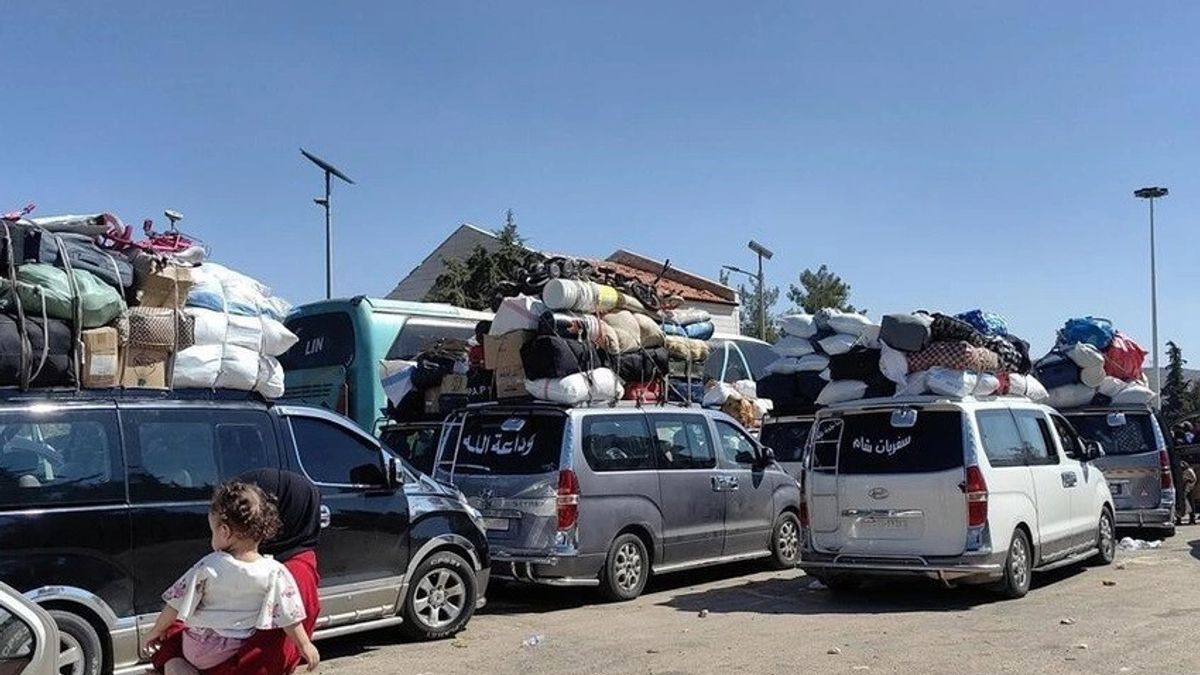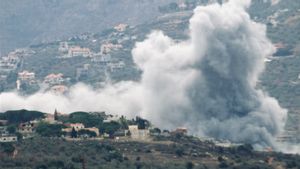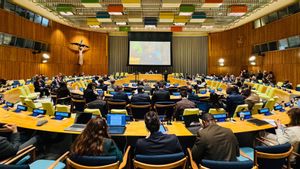JAKARTA - The death toll in Lebanon has continued to grow since the escalation in the south of its territory between Hezbollah and Israel increased earlier this week, while the country's health minister described the situation as a "massive war".
"Despite what you want to call, we have civilians, innocent people, women and children who were attacked indiscriminately, were targeted. We have residential buildings that were shattered into pieces, we have hospitals, ambulances, primary health care centers targeted," said Dr. Firass Abiad told CNN in Beirut, as quoted September 27.
The attack claimed "the main victim to innocent civilians, to women, to children and obviously the goal is to create a terror environment," he said, adding that it had led to the mass exodus of people from their homes.
Israeli airstrikes have killed 92 people in Lebanon over the past 24 hours, the Health Ministry said, quoted by Al Jazeera.
In a series of statements, the ministry said Israeli attacks killed 40 people in cities and villages in the southern part, 48 people in two eastern regions, and four people in the eastern part of the Lebanese governorship. Overall, 153 people were injured.
That puts more than 700 people dead since Israel's air campaign began Monday this week.
Minister of Health Abiad said more than 40 health care workers had been killed in this week's "targeted attack".
Ambulances were "directly targeted when they were carrying out their duties," he said, stressing ambulances must be protected by international law.
For now, the country's health care system has been weakened by crises in recent years "resisting," but health care workers face extreme challenges, he said.
"We have surgeons who have been operating for almost 48 hours or more," Abiad said.
In addition, he also warned about the depletion of supplies of several drugs in the country.
"I am very worried that we are working almost at full capacity and the entire system is almost at the brink of collapse," he said.
Authorities know how many people have fled to official shelters, but there are "many" people who have also fled to live with relatives, friends, or homes of foreigners who have offered them accommodation.
"We are talking about hundreds of thousands of internally displaced persons, possibly close to 400,000 or maybe even 500,000," he said.
SEE ALSO:
Minister of Health Abiad asked the international community to put more pressure on Israel to accept the proposed ceasefire agreement that had been submitted by the United States and its allies this week, which Lebanon said had been accepted.
"Unfortunately, it appears that all parties intend to find a diplomatic solution to this conflict except for one party who wants to continue the indiscriminate attack on civilians," he said, blaming Israel for failing to find a diplomatic solution so far.
Hezbollah has made clear its position that with a ceasefire in Gaza, they will stop its attack on Israel, Abiad said, adding the US could do more to pressure Israel into a ceasefire.
The English, Chinese, Japanese, Arabic, and French versions are automatically generated by the AI. So there may still be inaccuracies in translating, please always see Indonesian as our main language. (system supported by DigitalSiber.id)


















